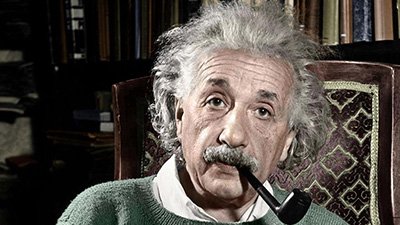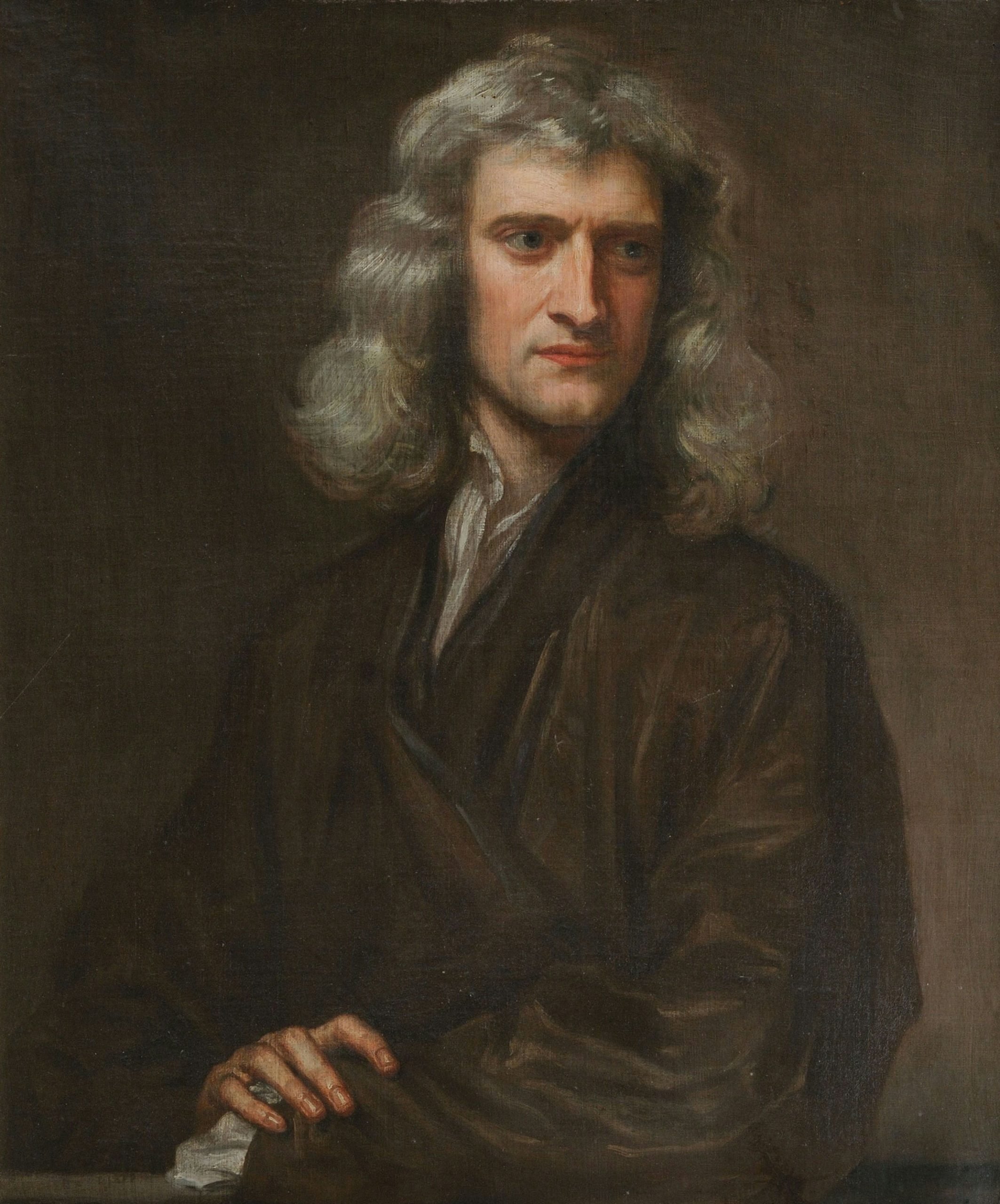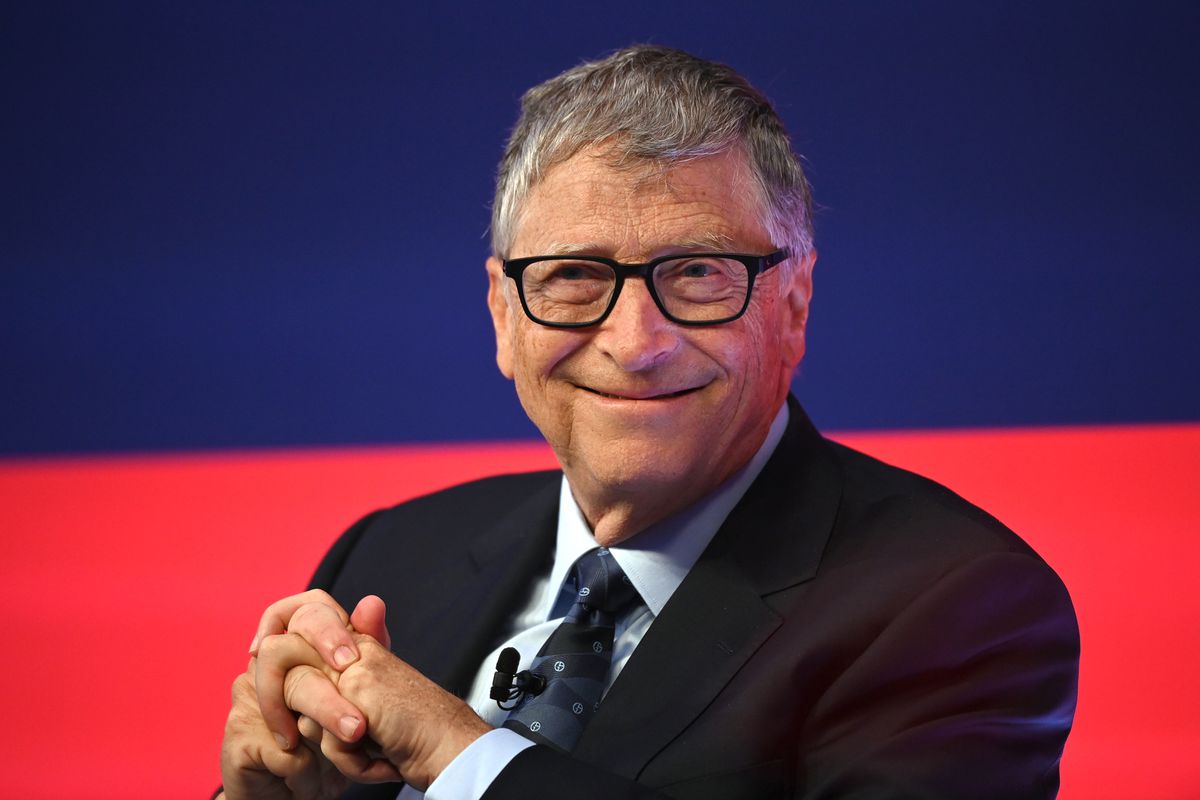Elon Musk underwent surgery as a child, thought to be deaf.

Let’s say mothers get together and talk about their children. Here, one of the mothers says that she has acted in actions, words and behaviors that show that her child has an intelligence above his age. There are even children who, when combined, are generally knowledgeable and said to be older than their age because they have an innate intelligence. The reason for this is the life stories of many scientists, writers, artists, philosophers and business people such as Einstein, Isaac Newton, Nietzsche, Elon Musk and Bill Gates. It is said about such names that as children they were distant, introverted, or not intelligent enough in their classrooms, that they minded their own business, or that they seemed to live in a bubble on their own, but when they grew up, many of them became geniuses in areas that seemed to choose involuntarily since childhood.

Going back to these moms coming together… One of them will surely describe his child with these adjectives and say that his future is very bright. The main reason for this is to make comparisons with the strange type of children who have become geniuses. The second reason is the innate intelligence that today’s children use to get huge amounts of information. From the first moment children open their eyes, they begin to receive information from electronic devices that produce information in all shapes and colors. According to Sharqu’l Awsat’s report from Independent Arabia, this situation has reached such a level that today a 10-year-old child is said to receive many times more information than a person who lived two or more centuries ago in his entire life.
Genius indicators
Happily, rumors about the childhood of geniuses do not turn into jokes or legends. Every semester, a genius emerges from the world of communication, business, science or literature and shows us a great example of intelligence. This leads us to go back to childhood to find out how this person spent his childhood. Mark Zuckerberg, Bill Gates, and Elon Musk are in this category. The childhood of these people has been researched many times in search engines. There are films and documentaries made about them, whether by themselves or by private companies. All of them tell the story of their lives and focus on their strange childhoods.
Elon Musk’s mother, for example, recently said that as a child, when they called Elon or talked to him, they thought he was deaf because he didn’t respond, so they had Musk’s nose and ears operated. But he later stated that they understood that Musk was not deaf, but only lived in his own world.
Before moving on to what Bill Gates’ mother said, it’s worth noting that Musk and Gates were raised in two wealthy aristocratic families with strict rules of family upbringing. In fact, Musk’s father, Errol, once said, “We had so much money that sometimes we couldn’t even close our coffers.”
According to Gates’ mother, her son would shut himself in his small room and sweep away books. He wouldn’t let anyone into his room for any reason. This led the family, due to the coldness of his relationship with his parents as well as his siblings, to seek help from a family psychiatrist to turn their son inward and strengthen family ties. His mother said she would do what her son set his mind to because it had been that way since he was little.

Research that attempts to explain genius
For this reason, there are studies on social and psychological sciences and in many branches of these that deal with childhood as the starting point that forms the personality of the individual. These studies attempt to examine cases that will allow the gifted child to understand the manifestations of genius in his or her personality, or the signs that a mother has a son. These studies, which have many types, both serious and non-serious, have attracted the attention of many parents and educational institutions. At a time when development and progress are so accelerated that parents cannot follow along as their children do, it’s normal for so much attention to be paid because of the cultural, scientific and technological gap that has formed between parents and children.
Fiona Tapp made the following statements in her research titled ‘Is your son just smart or one of the intellectual elite?’
“All parents want to believe that their children are special and unique. Which they are! But some children are destined to become great thinkers of the future. So how do you know your little one is more than smart?”
According to Tapp, assessing children who exhibit extraordinary levels of ability or proficiency is a much more complex process than relying solely on test scores. Because there are other signs that are indicators of giftedness and cannot be measured by test. According to Eboni Hollier, a physician in the Department of Developmental and Behavioral Pediatrics in Gifted Children, one of the first signs that you may be raising a genius is that they often learn relatively complex information at an earlier age than is expected of them. Language skills can be much higher than the level of age. They tend to be bookworms. Genius children learn to read faster and at an earlier age than other children of the same age. They like to read for meaning and pleasure. They have an insatiable curiosity to learn the smallest details about how things work.
Niranjan Reddy, who earned her PhD through SuperBaby, suggested that gifted children not only notice patterns and patterns in games and activities, but also understand repetitive behaviors, activities, and actions more easily than their peers. Gifted children may have difficulty communicating with peers with different interests and abilities. Intelligent children often get bored in class because the work they do comes very easily to them and they seek out a more exciting conversation with their older peers.
Elon Musk and social media
Let’s go back to Elon Musk with a report by Natalie Sherman of The Guardian. Sherman noted that Musk described his childhood as difficult because of his parents’ divorce, being bullied at school and having difficulty catching social cues because of Asperger’s syndrome. He added that before long, Musk ran away from home to go to college.
His first wife, Justine Musk, a writer who met Elon Musk in college and married him in 2000, wrote in 2010 that even before Musk had billions of dollars, he was “not a man who accepts no as an answer.” She added that while dancing at their wedding, she told herself, “I’m the alpha in this relationship,” referring to the fact that he was a dominant man.
In a biography published in 2015, author Ashlee Vance described Mr. Musk as an “all-knowing, confrontational” person with “plenty of egos.” But she also said she was an incompetent dancer who couldn’t control the way she communicated with others and was afraid to speak out in public.
Musk, who has divorced three times, including twice from the same woman, has always made it clear that he is fond of marijuana. In one of his interviews, he said, “If you made a list of my sins, it would look like I’m the worst person in the world.”
His direct political donations seem small to a man with so much wealth. According to Politico, it has donated only $100,000 since 2004, dividing it almost equally between the parties. Although he has recently turned to Republicans, he supported former US President Barack Obama in 2011 and Democratic candidate Hillary Clinton in 2015.
Genius: Late speaking and learning
Bill Gates’ own documentary, ‘Inside Bill’s Brain’, which was shown on Netflix, shows that despite his age, he still finished two books on his private plane while traveling. His manager and private secretary say he reads the book at an incredible pace, as if he were taking pictures with his eyes, and understands everything in it.
When his wife, Melinda, learned of the documentary work and her name, she laughed and told the producers, “I wouldn’t recommend getting inside your brain. Because you can get lost in it.”
Einstein, the scientist who radically changed his perspective on the universe, existence and physics with his theories, could not speak until the age of three and had difficulty adapting to children at school. Because he was a very shy and introverted child. He usually kept quiet and thought-provoked and didn’t play games with his peers.
If we look at it from an academic level; Einstein had difficulty understanding and comprehending as well as reading and speaking very slowly. He didn’t show any academic success, which caused him to fail in math more than once.




